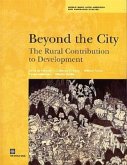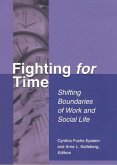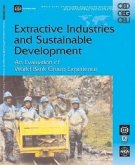The Self-Employed Women's Association (SEWA) is widely known as an urban labour movement that has done yeoman service to organize poor, self-employed women and help them achieve self-reliance. Today, SEWA has more than 220,000 members and has set up 16 organizations including the SEWA Bank. What is not so well known, however, is the Association's work in the sphere of rural development. Indeed, three-quarters of its members live in rural areas. This absorbing book is an anecdotal account of SEWA's initiatives in rural Gujurat. Focusing on the two districts of Banaskantha and Kutch, Daniel Crowell chronicles the Association's rural development programmes and its remarkable success in fostering the economic and social well-being of rural women in the informal sector despite heavy odds such as hostile weather conditions, marginal land, acute scarity of water, and unforgiving environment and limited access to capital. A unique feature of SEWA's programmes is that they are demand-driven and need-based, so that the women who create, implement and manage them are also those who benefit from them. The author intersperses his narrative with biographies of some of the women he met. He shows how large numbers of women have been able to organize themselves to: - generate sustainable employment in various spheres, especially dairy development and handicrafts - develop appropriate infrastructure through micro-finance - use water as a regenerative resource by employing innovative methods of water harvesting - augment healthcare and nutrition among both adults and children - undertake disaster relief and rehabilitation. Written in a very readable manner, this book contains important pointers for anyone interested in fostering human development. It will attract a wide readership especially among students of rural development, gender studies, social work, micro-finance, social development and labour studies. It will be of equal interest to a broad cross-section of people (including activists and NGOs) interested in the process of rural development.

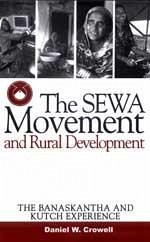
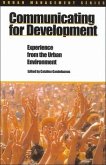
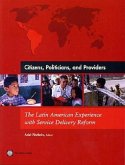
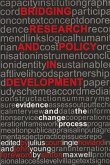
![World Congress on Communication for Development: Lessons, Challenges, and the Way Forward [With Dvdrom] World Congress on Communication for Development: Lessons, Challenges, and the Way Forward [With Dvdrom]](https://bilder.buecher.de/produkte/22/22954/22954429m.jpg)
